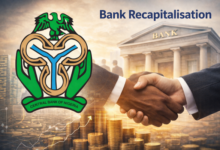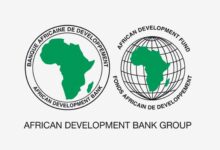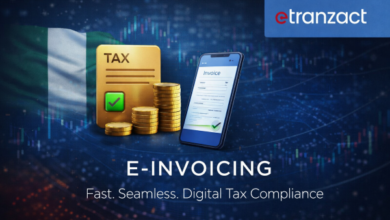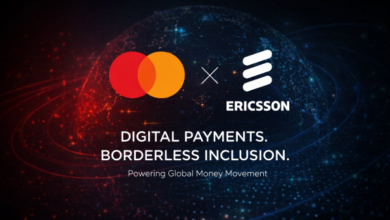
As the cost of living crisis intensifies and digital banking becomes the norm, Nigerian bank customers are increasingly voting with their digital feet—ditching SMS transaction alerts in favour of email notifications to avoid mounting service charges.
The tipping point came with the announcement by Guaranty Trust Holding Company (GTCO) that it had raised its SMS alert fee from ₦4 to ₦6 per message, citing “increased telecom operator tariffs.” The reaction was swift—and fiercely critical.
Unpacking the Costs: Small Charges, Big Revenues
While ₦6 per SMS may seem negligible, the financial burden becomes substantial over time, especially for individuals with high transaction volumes. More importantly, critics argue that the aggregation of these micro-charges across millions of customers amounts to billions in passive income for banks.
“GT will remove different charges from my account until they give me a minus balance,” said Mrs. Dorathy Azinge, a GTCO customer, venting over what she termed an “exploitative” practice.
Her frustration is echoed by countless bank users across the country, who decry a growing list of charges—from interbank transfers to ATM withdrawals, SMS alerts, maintenance fees, and even transaction dispute charges. “It does not make sense for the bank to charge me for a transaction I did and also for the alert they sent about it,” lamented Ms. Elizabeth Abu.
The Bigger Picture: Cost-Cutting or Cost-Shifting?
BRANDECONOMY analysis shows that banks, faced with rising operational costs in a challenging macroeconomic environment, are increasingly transferring service costs to retail customers. What used to be absorbed as part of doing business is now itemised and billed in a bid to maintain profit margins.
Interestingly, while banks blame rising telecom costs, the disconnect between the Central Bank of Nigeria’s (CBN) guidelines and the actual customer experience is widening. ATM withdrawals, for instance, which are regulated to cost ₦35 after three free withdrawals per month, often come with hidden add-ons—as Fidelity and First Bank customers have alleged charges as high as ₦630 for a single interbank ATM withdrawal.
Such pricing anomalies as seemingly arbitrary Bank SMS Charges raise questions about regulatory enforcement and consumer protection—particularly in an economy where real incomes have been eroded by inflation and the naira’s depreciation.
Consumer Response: A Shift to E-Mail and Digital Self-Management
In response, customers are increasingly opting out of SMS alerts and switching to email-based transaction notifications, which are offered free of charge by most Nigerian banks.
“Why should I pay for something I can get for free by email?” asked Clement Arubu, a customer with First HoldCo Plc, who says he gets debited over ₦1,000 monthly for SMS alerts alone. “When you multiply that by 10,000 customers, the bank is making easy money.”
This shift not only represents a form of financial activism, but also signals growing digital literacy and cost-consciousness among Nigerian bank users, especially as smartphones and data plans become more accessible.
GTCO has since informed customers they can update their alert preferences by downloading a form from its website and sending it to: [email protected].
Regulatory Implications: Where Is the CBN?
While banks argue that charges are disclosed in line with regulatory mandates, Nigerians are calling for more proactive oversight from the Central Bank of Nigeria (CBN).
“Customers are the reason why banks exist. We deserve to be treated fairly,” said Mrs. Catherine Itoha, who alleges GTCO withheld ₦20,000 from unresolved PoS failures for nearly a year. She claims multiple follow-ups with bank staff have yielded no redress.
In a separate case, Zenith Bank customer Augustine Ode publicly urged the CBN to audit banks for alleged revenue overreach and unapproved deductions.
Analysts at BRANDECONOMY note that unless consumer confidence is restored through prompt dispute resolution and transparent billing, banks may face an erosion of trust and possible class-action litigation down the line.
BRANDECONOMY Insight: What’s Next?
As the tension between digital transformation and revenue maximisation plays out, Nigerian banks must strike a new balance:
- Offer real value for charges,
- Prioritise customer retention, and
- Avoid alienating a financially pressured population already contending with fuel subsidy removal, FX volatility, and inflation north of 30%.
For now, email alerts are emerging as the default for financially savvy customers, and banks would do well to align their service models with shifting consumer expectations—or risk customer churn in an increasingly competitive fintech-driven marketplace.












